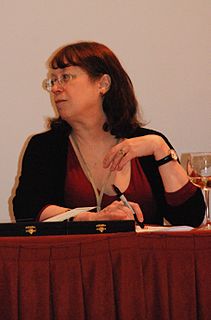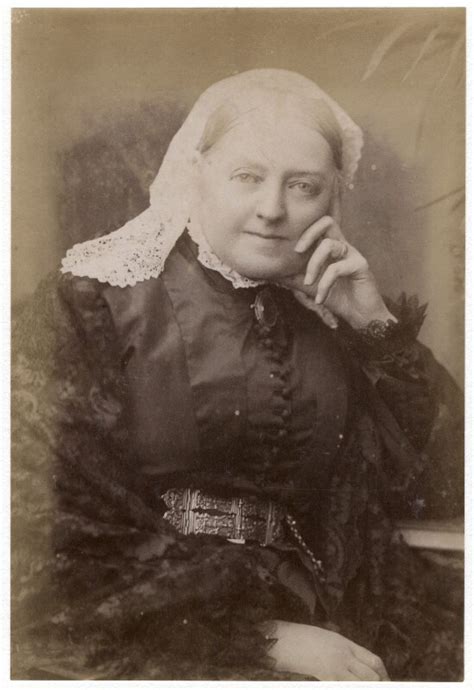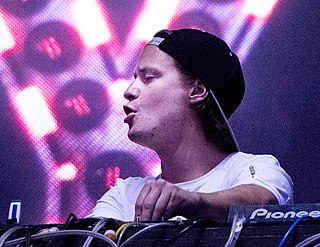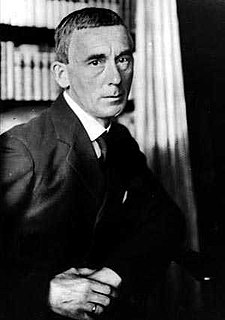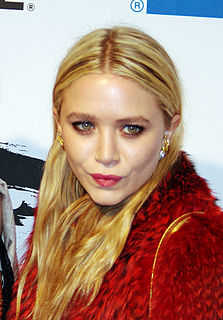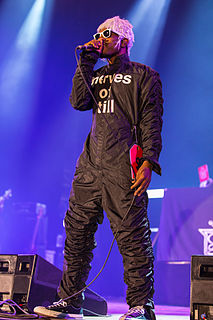A Quote by Robert Barry
A word refers to something in the real world and so, in a way, does a photo. It's not the thing itself, but it's a kind of suggestion of where you might look for that thing.
Quote Topics
Related Quotes
"Virtue," he said. "The real thing. It's not some kind of cuddly teddy bear you can keep on the shelf until you need a hug. It's dangerous, which is why it makes people so nervous. Virtue has its own agenda, and believe me, it's not always yours. The word itself means strength, power. And when it gets loose, you'd better watch out." "Something bad might happen..." "Impossible. But possibly something painful."
It was terribly dangerous to let your thoughts wander when you were in any public place or within range of a telescreen. The smallest thing could give you away. A nervous tic, an unconscious look of anxiety, a habit of muttering to yourself-anything that carried with it the suggestion of abnormality, of having something to hide. In any case, to wear an improper expression on your face ... was itself a punishable offense. There was even a word for it in Newspeak: facecrime.
I was trying. I was crawling. I was coming into myself. I was trying to in some ways get beyond - what is the word that I'm looking for? - metaphorical language in painting, and to create something that was more indexical. And what I mean by that is that when you go to the library there's an index card that refers to a book that's actual and real in the world. So that index relates to something real.
I studied Comparative Literature at Cornell. Structuralism was real big then. The idea of reading and writing as being this language game. There's a lot of appeal to that. It's nice to think of it as this playful kind of thing. But I think that another way to look at it is "Look, I just want to be sincere. I want to write something and make you feel something and maybe you will go out and do something." And it seems that the world is in such bad shape now that we don't have time to do nothing but language games. That's how it seems to me.
I guess the biggest thing I had to get used to was people staring. At first it was like, 'Am I wearing something odd? Is there something on my face?' It was kind of weird because when I go to the grocery store, people, they're not necessarily coming up to me asking for a photo, they just... look at me.
Each thing has its word, but the word has become a thing by itself. Why shouldn't I find it? Why can't a tree be called Pluplusch, and Pluplubasch when it has been raining? The word, the word, the word outside your domain, your stuffiness, this laughable impotence, your stupendous smugness, outside all the parrotry of your self-evident limitedness. The word, gentlemen, is a public concern of the first importance.
I really took it in-house. The Constantine character has a kind of flesh-and-blood practical look at things that would seem, other people would use the word, occult or spiritual. But here, demons are real. So for me it was more taking it from the film itself. I didn't really need to go outside the piece itself to inform me because the perspective on it, what the character does, was provided by the script.



